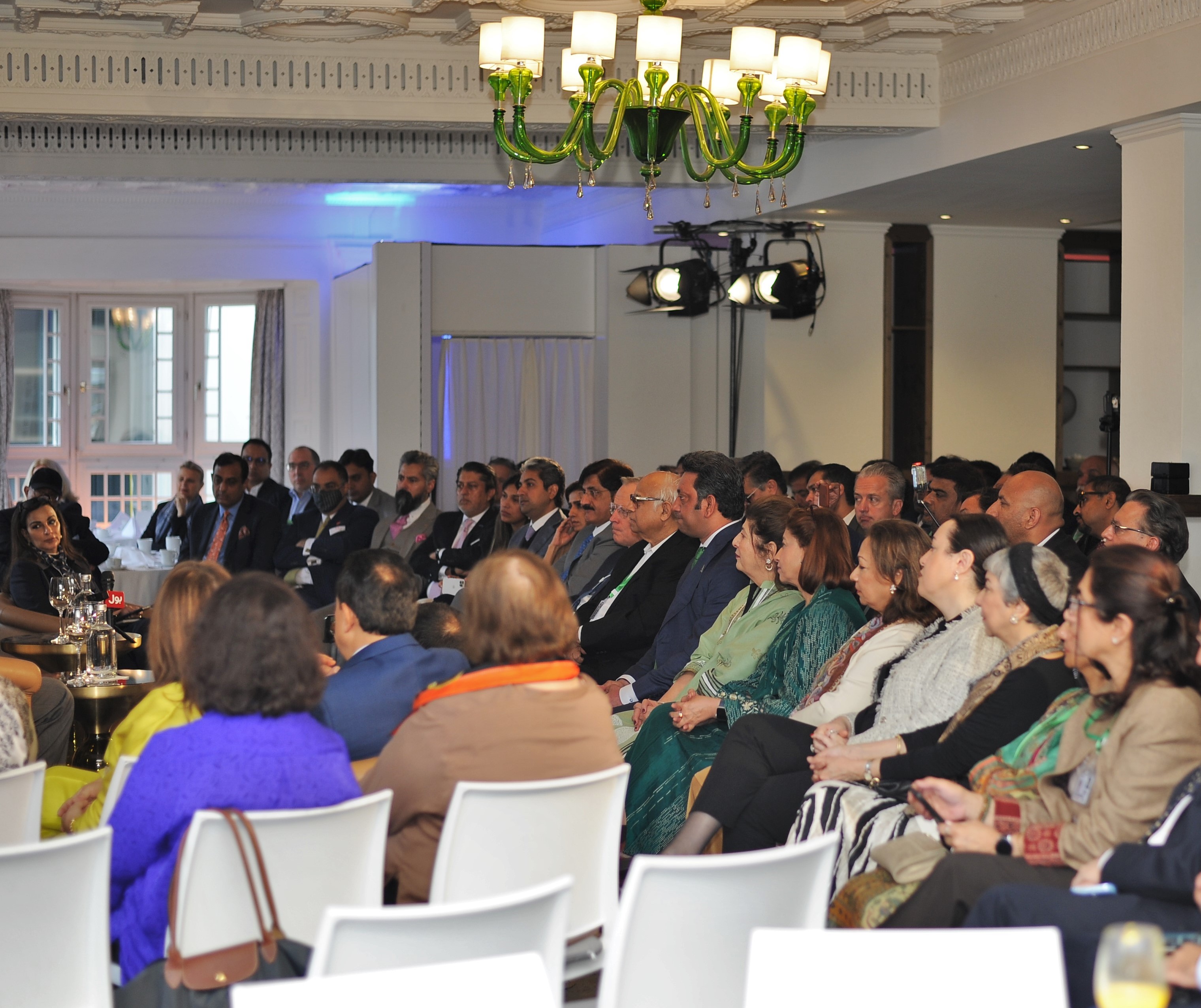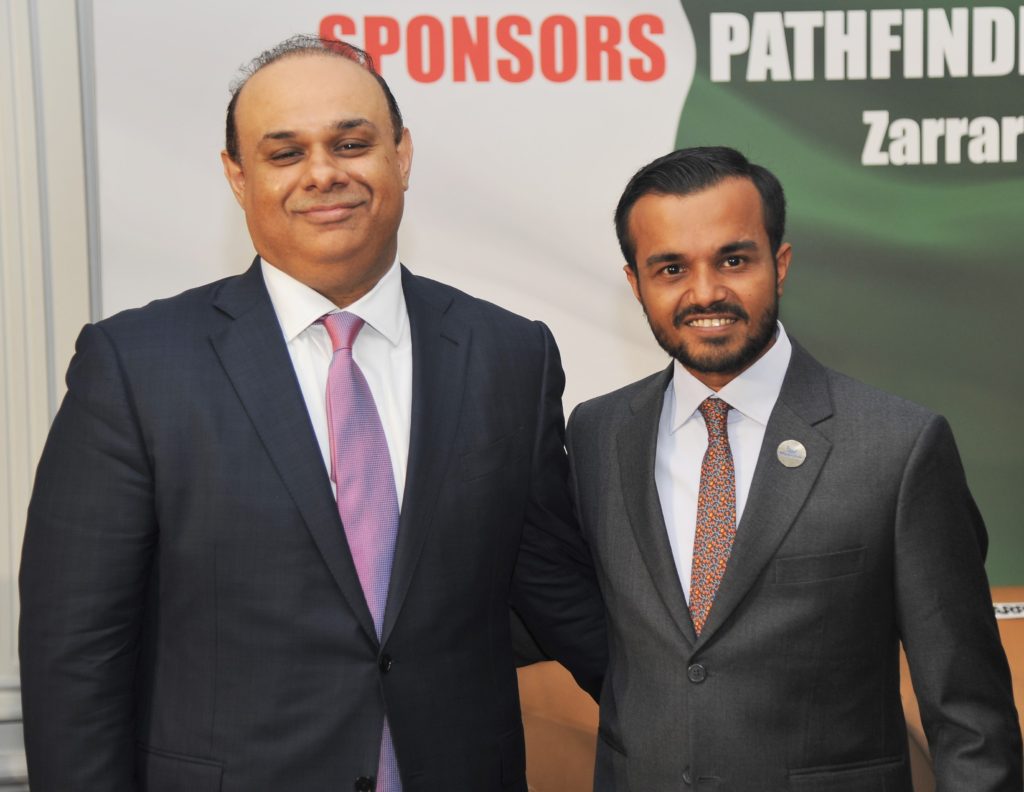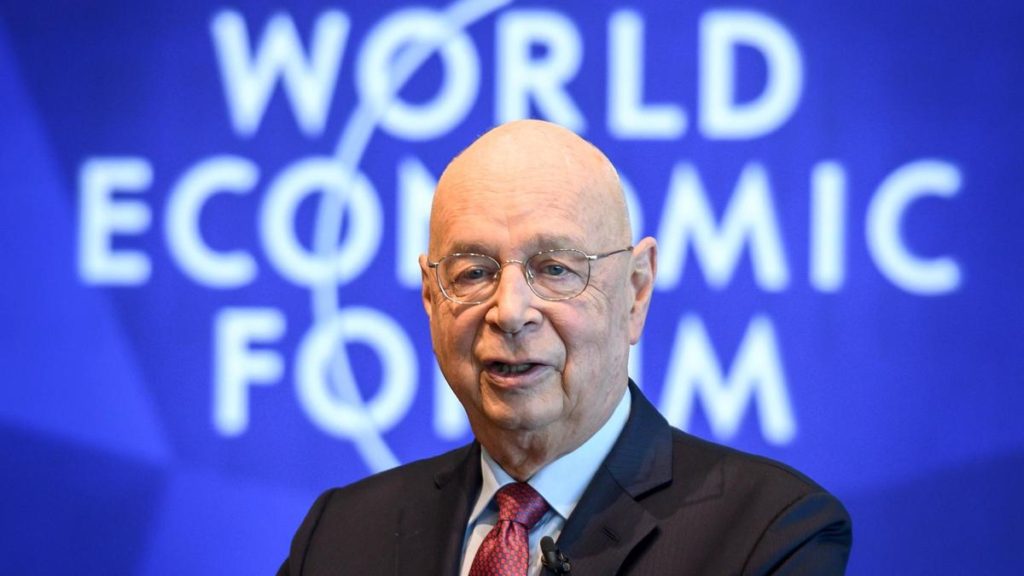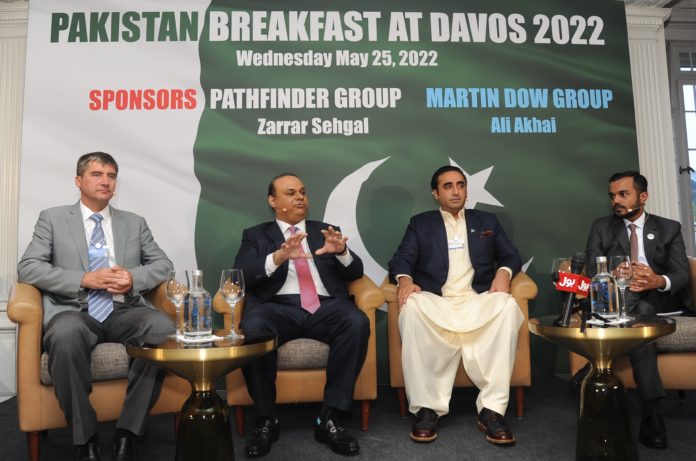Held in the ski resort of Davos in Switzerland, the World Economic Forum’s (WEF’s) Annual Meeting 2022, a 5-day congregation of the rich, powerful and the famous came to a close on May 26. Participants got together to network and share their ideas to find new and innovative ways for solving the world’s problems. For the first time, this meeting was not held in January, but the war in Ukraine and global economic upheaval made it, in many ways, an unprecedented event. As Forum President Borge Brende said in his preview podcast, “the absence of snow is not the main reason this Davos will be like no other”. Among the Forum’s hundreds of programmes, discussions and conversations were lined up to explore solutions and how new technologies could be invested into and the scale to gauge how to actually accelerate the transition process. As thousands of the world’s movers and shakers descended upon Davos the big disparity was between the gloom about the state of the world and the joy of meeting and shoulder-rubbing in person after a two-year pandemic hiatus. The invasion of Ukraine by Russia was a game changer, not least for the Forum, which sees itself as a place to bring people together to seek agreement on ways to, in its own words, ‘improve the state of the world’. Pakistan was officially represented by its Foreign Minister Bilawal Bhutto Zardari who discussed the way outs to restore peace and order, navigate the Middle East through geopolitical turbulence, and avert a New Cold War. Two signature events of significance, funded entirely by Pakistan’s private sector entities, the “Pakistan Pavillion” and the “Pakistan Breakfast” were, as usual, among the some of the most anticipated events. The Pakistan Breakfast held now for the 18th time in a row at Davos is an integral (and considered by WEF who sends a senior representative on the stage) a traditional part of the WEF Annual Meeting. Pakistan’s unique presentation has been a tremendous platform for both current and past leaders Pakistani to attempt to improve the image of Pakistan. For the benefit of readers my article titled “Wither WEF?” is being reproduced below:
“After a pause of two years caused by the raging global pandemic the annual meeting of the World Economic Forum (WEF), which usually takes place in end January, was convened from 22 May to 26 May, 2022 when the number of Corona infections was thought to come down with the warming of the weather. Over 2,000 leaders and experts from around the world included the chief executives and chairs of WEF partner and member companies, political leaders and heads of international organizations, civil society representatives, academic experts, youth leaders and key figures from the worlds of art, culture, science and technology.

To quote the WEF message to the world, “The Annual Meeting 2022 will embody the World Economic Forum’s philosophy of collaborative, multi-stakeholder impact, providing a unique collaborative environment in which to reconnect, share insights, gain fresh perspectives, and build problem-solving communities and initiatives. Against a backdrop of deepening global frictions and fractures, it will be the starting point for a new era of global responsibility and cooperation” unquote.
This year’s agenda included among others, Social Development Goals (SDG), ways how new technologies will change the world, the potential of electro fuels and other topics how to deal with environmental challenges. Representatives of business, politics and social development groups from many countries present themselves and their activities in Davos. The event brings together more personalities of public life than any other meeting and represents an important interface between big business, politicians and civil society. For Pakistan it is important to be present in Davos.

Pakistan presents itself regularly through two major events: the Pakistan Breakfast and the Pakistan Pavilion. Entirely funded by private corporate entities without any government support, they have become an integral part of Davos. Sponsored and organized initially by Pathfinder Group and later joined by Martin Dow Group Pakistan, this unique presentation has been a tremendous platform for both current and past Pakistani leaders – civilian and military both- to inform the international community and the media about what is really going on in Pakistan in an attempt to improve the image of Pakistan. The “Pakistan Pavilion” is a kind of open house for interested people where for a full day information on social problems, education but also on technological developments and other interesting news is related in a colloquial form. A second traditional element is the “Pakistan Breakfast” where media representatives and global executives are invited to listen to – apart from eating breakfast to Pakistani leaders of govt and sometimes from the opposition talking about what is going on in Pakistan.
This Pakistani initiative on the side lines of WEF annual meeting which focusses on deliberations of leading representatives of politics, economy and technology about how to evaluate what is going on in the world right now and how this is influencing global economy, politics and technological trends. The WEF is host to dozens of different projects bringing together academics with corporate representatives and policy-makers to promote particular issues and positions on a wide array of subjects, from investment to the environment, employment, technology and inequality. From these projects and others, the Forum publishes dozens of reports annually, identifying key issues of importance, risks, opportunities, investments and reforms.

Over the years the WEF has survived by adapting to the times. Following the surge of so-called anti-globalization protests in 1999, the Forum began to invite non-governmental organizations representing constituencies that were more frequently found in the streets protesting against meetings of the WTO, IMF and Group of Seven (G7). The Forum invited leaders in the 2000 meeting at Davos from 15 NGOs to debate the heads of the WTO and the President of Mexico on the subject of globalization. But WEF began in 1971 as the European Management Forum, inviting roughly 400 of Europe’s top CEOs to promote American forms of business management. Created by Klaus Schwab, a Swiss national who studied in the US, the Forum changed its name in 1987 to the World Economic Forum after growing into an annual get together of global elites who promoted and profited off of the expansion of “global markets.” It is the gathering place for the titans of corporate and financial power. Despite the globalization of economy and politics over the decades, the politics at the Forum have remained surprisingly national, to promoting social connections between key global power players and national leaders along with the plutocratic class of corporate and financial oligarchs. A consistent WEF forum for advanced “networking” and deal-making between companies, occasional geopolitical announcements and agreements, and for the promotion of “global governance” in a world governed of global markets. Indeed, criticism of the WEF is that it is to function as a socializing institution for the emerging global elite, and promote common ideas, and serve common interests: their own. This is only correct partly, what it achieves in networking and cooperation is truly magnificent.
In 1997, the highly influential U.S. political scientist Samuel Huntington coined the term “Davos Man,” which he described as a group of elite individuals who “have little need for national loyalty, view national boundaries as obstacles that are thankfully vanishing, and see national governments as residues from the past whose only useful function is to facilitate the elite’s global operations.” In that sense WEF became a promoter of globalization. But with the re-occurrence of Russia and China on the global economic and political screen the western powers dominating WEF had second thoughts. During the 2009 meeting, two prominent speakers were President Putin of Russia and the Chinese Prime Minister Wen Jiabao. Both leaders painted a picture of the crisis as emanating from the centers of finance and globalization in the United States and elsewhere, with the “blind pursuit of profit” and “the failure of financial supervision” – in Wen’s words – and bringing about what Putin described as a “perfect storm.” Both Wen and Putin, however, declared their intentions to work with the major industrial powers “on solving common economic problems.”
The World Economic Forum has been consistently interested in the prospects of social unrest, protests and resistance movements, particularly those that directly confront the interests of corporate and financial power. The 2012 WEF meeting took notice of tumultuous and violent upheavals across the Arab world, large anti-austerity movements across much of Europe, notably with the Indignados in Spain, and the Occupy Wall Street movement just months prior in the United States and across much of the world. It is to be expected that this year’s gathering will promote the western US/NATO stand on the war in Ukraine and demand support for the boycott and cutting out of Russia from international trade and financial and political dealings. But with most countries of the non-western world not in support of those sanctions it remains to be seen if the WEF can sustain its grip over global economic and political development.”




